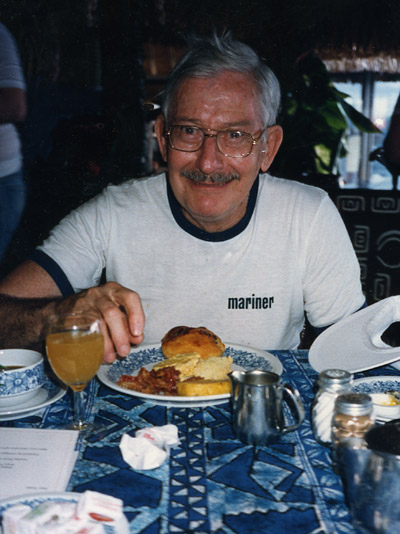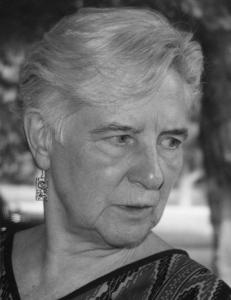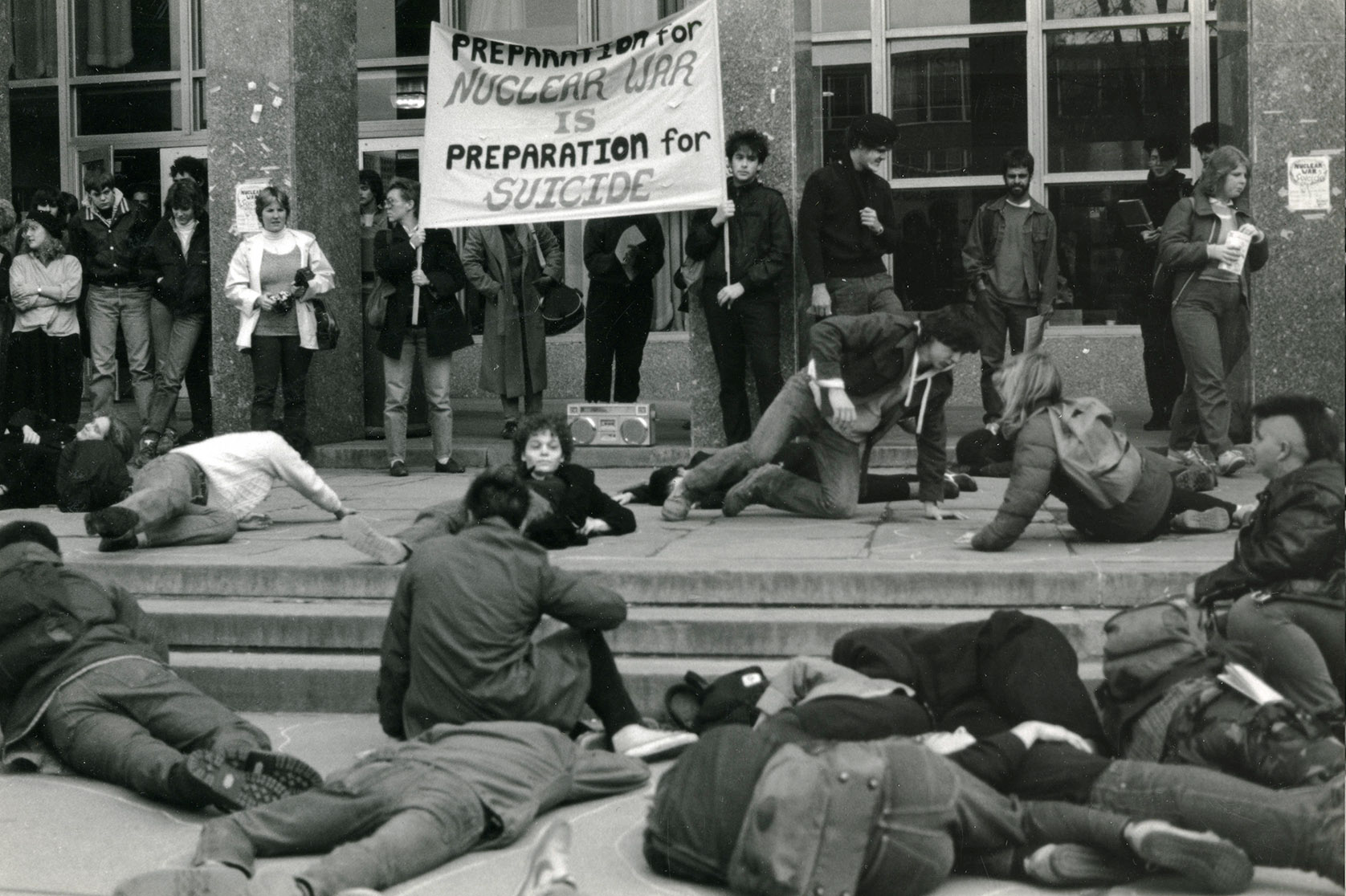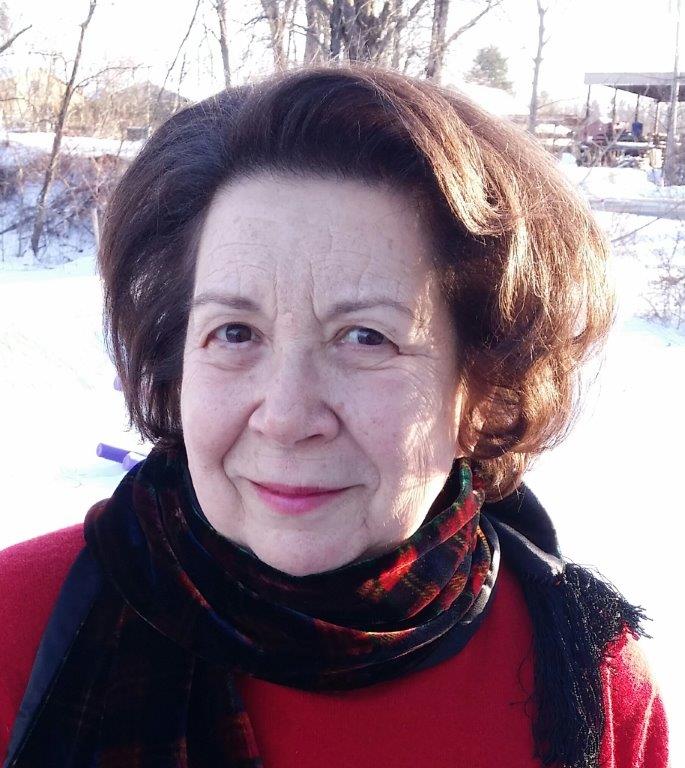Edward H. Abbe Papers

Born in Syracuse, N.Y., in 1915 and raised largely in Hampton, Va., Edward Abbe seemed destined to be an engineer. The great nephew of Elihu Thomson, an inventor and founding partner in General Electric, and grandson of Edward Folger Peck, an early employee of a precursor of that firm, Abbe came from a family with a deep involvement in electrification and the development of street railways. After prepping at the Rectory and Kent Schools, Abbe studied engineering at the Sheffield School at Yale, and after graduation in 1938, accepted a position with GE. For 36 years, he worked in the Industrial Control Division in New York and Virginia, spending summers at the family home on Martha’s Vineyard. After retirement in 1975, he and his wife Gladys traveled frequently, cruising both the Atlantic and Pacific.
Ranging from an extensive correspondence from his high school and college days to materials relating to his family’s involvement in engineering, the Abbe collection offers an in depth perspective on an educated family. An avid traveler and inveterate keeper, Ed Abbe gathered a diverse assemblage of letters, diaries, and memorabilia relating to the history of the Abbe, Peck, Booth, Gifford, and Boardman families. The collection is particularly rich in visual materials, including albums and photographs, depicting homes, travel, and family life over nearly a century.




